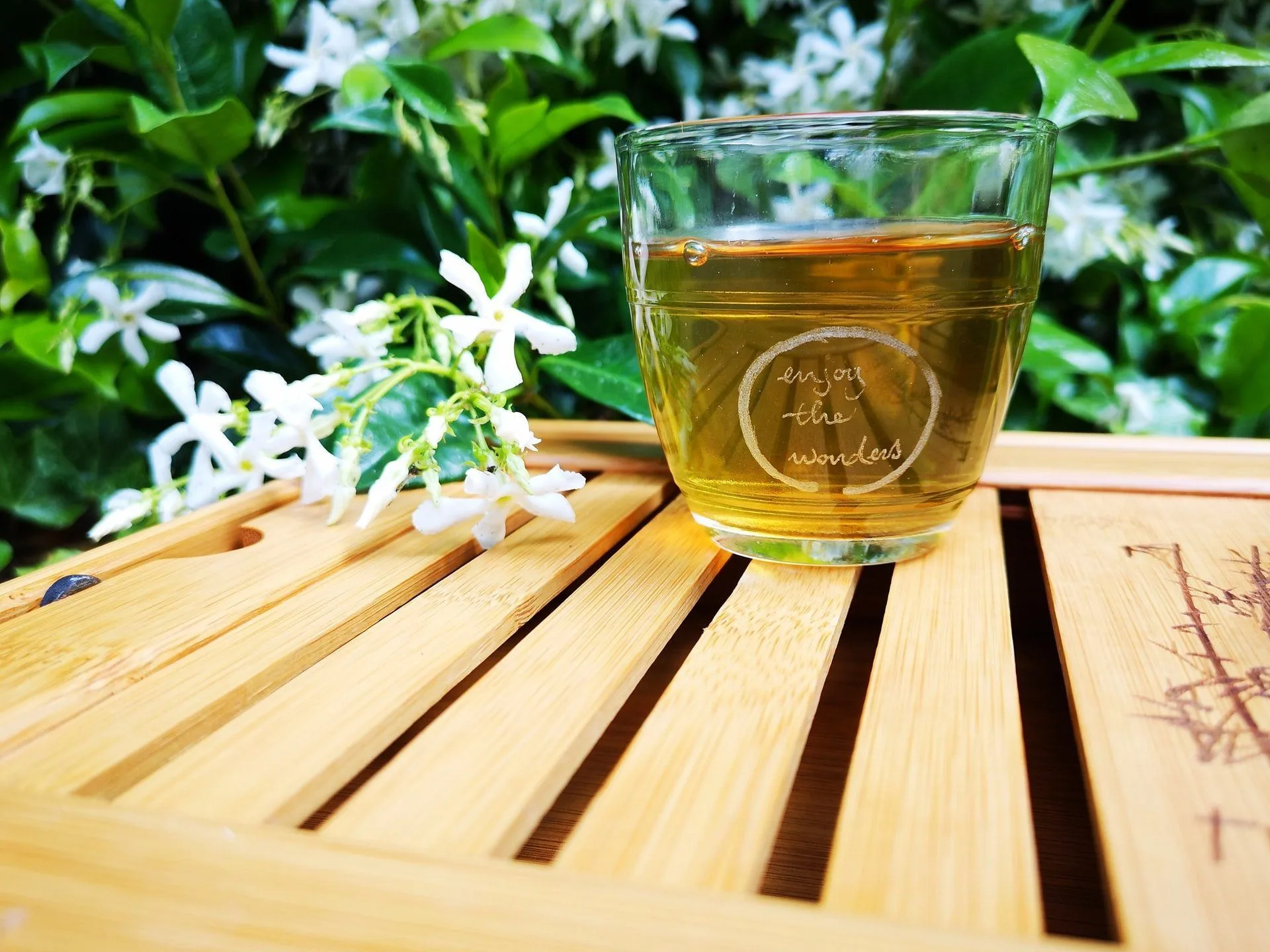Beth Czerwony, MS, RD, CSOWM, LD, from the Cleveland Clinic’s Center for Human Nutrition with the Digestive Disease & Surgery Institute, shares the best teas to drink for health and ranks them for common ailments.
While studies have shown the health benefits of drinking tea, the variety of options can be overwhelming. A dietitian from a top American hospital, Cleveland Clinic, explains how different teas offer different benefits.
Czerwony, says: “Study after study shows the benefits of drinking tea, essentially verifying what your ancestors believed back in ancient times. The humble tea plant – a shrub known as Camellia sinensis – has long supplied an answer to some ailments.”
Here, she discusses which popular teas are advised for common ailments.
Best for Overall Health: Green tea
“Green tea is the champion when it comes to offering health benefits,” says Czerwony. “It’s the Swiss Army knife of teas. It covers a lot of territory.”
A medical literature review offers a snapshot of those benefits, she adds, linking the consumption of green tea to:
- cancer prevention;
- fighting heart disease;
- lower blood pressure;
- anti-inflammatory treatment;
- weight loss; and
- lower cholesterol.
According to Czerwony, the healing power of green tea is linked to catechin, an antioxidant compound found in tea leaves. It helps protect cells from damage caused by out-of-hand free radicals reacting with other molecules in the body.
Best for Gut Health: Ginger Tea
Studies have shown that ginger naturally combats nausea, making it a go-to remedy for dealing with morning sickness during pregnancy, notes Czerwony.
Ginger also offers proven digestive benefits by helping the body move food from the stomach to continue its digestive tract journey. Speeding up that process works to calm indigestion and ease stomach distress, she explains.
“Ginger relaxes your gut, which can make you a lot more comfortable if you’re having tummy trouble,” Czerwony says.
Alternatively, peppermint tea can also serve as an aid against indigestion. “Peppermint, however, is best for issues lower in your gut. It can aggravate higher-up issues such as acid reflux,” she advises.

Photo by Julia Topp on Unsplash
Best for Lung Health: Herbal Tea
Anti-inflammatory powers in herbal teas can help loosen airways tightened by conditions such as asthma, says Czerwony. She recommends herbal teas featuring turmeric, cinnamon, or ginger as a way to keep the air flowing.
As an added benefit, drinking a hot cup of herbal tea can also help clear congestion by loosening mucus, says Czerwony.
Best for Sickness: Peppermint Tea
“Menthol packs quite the punch when it comes to fighting a cold – and peppermint tea is packed with menthol,” says Czerwony, “It really kicks up your immune system.”
She says peppermint tea works well to relax sore throat muscles, relieve nasal congestion and even reduce a fever. “It’s also loaded with antibacterial and antiviral properties to give you a healthy boost.”
She also suggests trying echinacea, hibiscus, or elderberry tea when someone does not feel well.
Best at Bedtime: Chamomile Tea
The daisy-like chamomile plant contains apigenin, an antioxidant compound, and snooze inducer, explains Czerwony. She says apigenin attaches itself to receptors in the brain and works to reduce anxiety, building a peaceful calm that leads to drowsiness.
Valerian root tea is also a good option, she says.
What about the black teas?
Black tea offers many of the same benefits as green tea, which makes sense when you consider they’re made from the same plant leaves, says Czerwony.
So why are they different? “Leaves used to make black tea are allowed to age and oxidize, turning them brown or black. Green tea leaves are processed earlier when they’re still green. Hence, the name. Black tea generally has more caffeine than green tea— a key selection factor if you’re concerned about limiting your caffeine intake,” she says.
The bottom line
“There are so many teas to choose from,” concludes Czerwony. “Try different varieties and see what works best for you.”
About Beth Czerwony

Beth Czerwony
Beth Czerwony achieved Dietetic Registration as certified in Obesity and Weight Management. She graduated from Case Western Reserve University in Nutrition. Czerwony completed her internship at VA Medical Center, Louis Stokes in Nutrition Therapy. Her Undergraduate was at the University of Akron in Dietetics Akron, OH USA
About Cleveland Clinic
Cleveland Clinic – now in its centennial year – is a nonprofit multi-specialty academic medical center that integrates clinical and hospital care with research and education.
Located in Cleveland, Ohio, it was founded in 1921 by four renowned physicians with a vision of providing outstanding patient care based upon the principles of cooperation, compassion, and innovation. Cleveland Clinic has pioneered many medical breakthroughs, including coronary artery bypass surgery and the first face transplant in the United States. The U.S. News & World Report consistently names Cleveland Clinic as one of the nation’s best hospitals in its annual “America’s Best Hospitals” survey.



![women [longevity live]](https://longevitylive.com/wp-content/uploads/2020/01/photo-of-women-walking-down-the-street-1116984-100x100.jpg)










